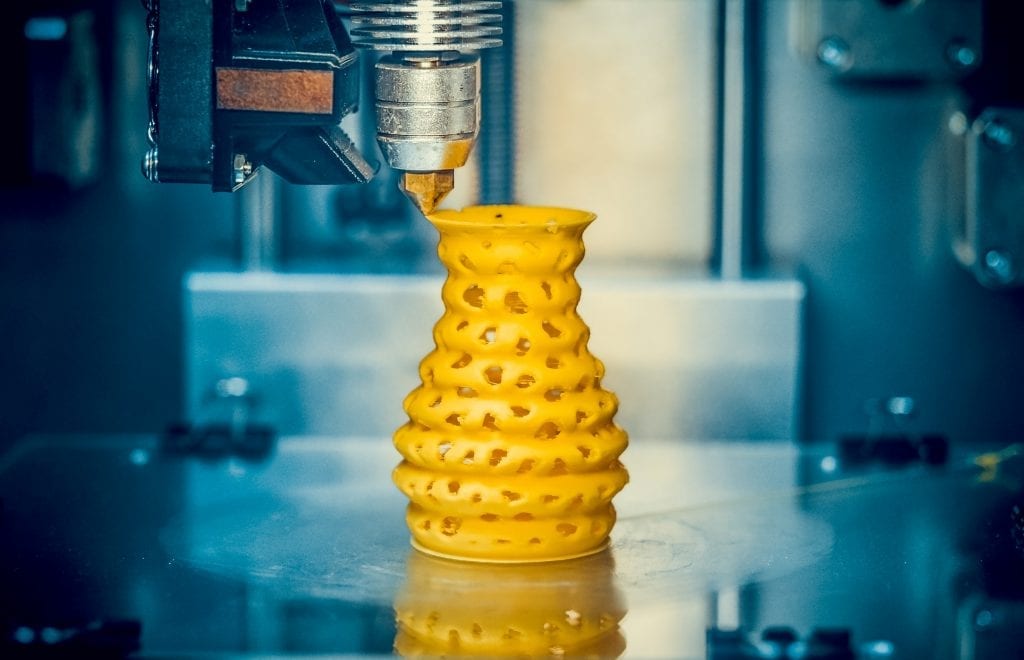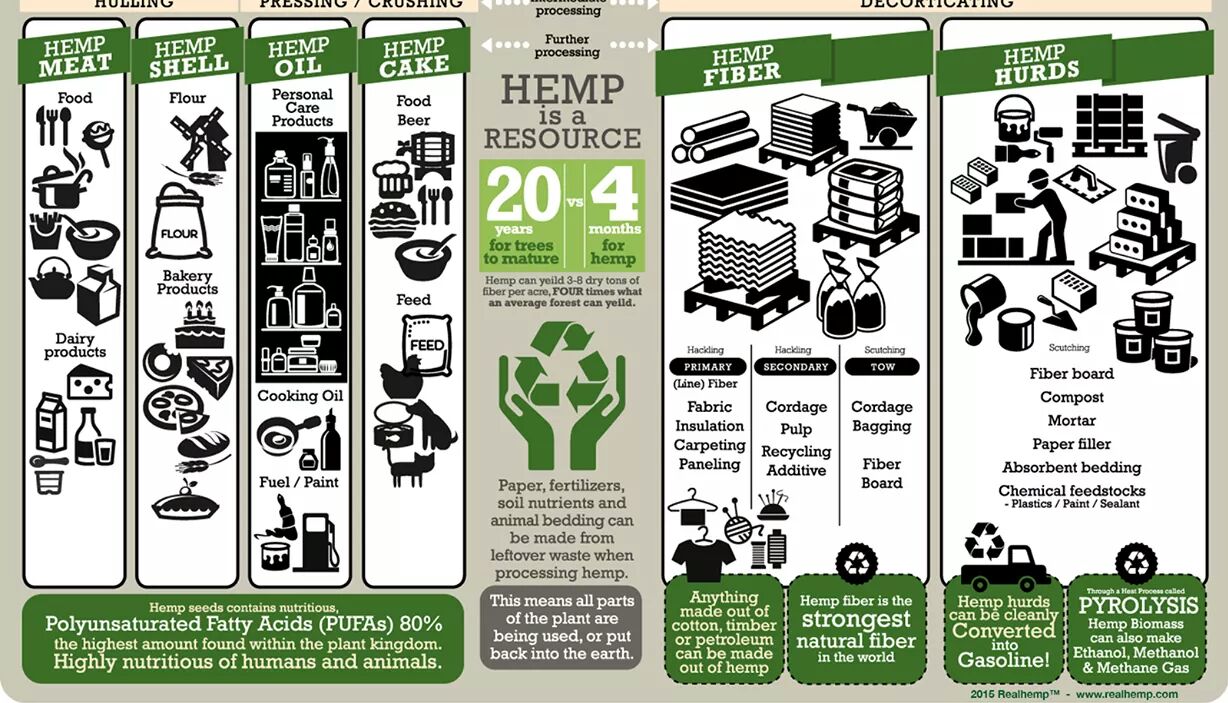
The world of cryptocurrencies and blockchain technology is ever-evolving, with new innovations and developments constantly emerging. One of the latest trends that have been gaining traction is the integration of cryptocurrencies and hemp. Hemp, a versatile plant that has been used for various purposes for centuries, has the potential to revolutionize the crypto industry. In this article, we will explore how the relationship between hemp and crypto can create new opportunities and possibilities.
The Benefits of Hemp
Hemp is a natural and renewable resource that can be used for a wide range of applications, from textiles to construction materials, and even as a source of food. The plant is highly sustainable, easy to grow, and requires little water and no pesticides. Additionally, hemp has numerous health benefits, including reducing anxiety and inflammation, and improving heart health.
In recent years, hemp has gained traction as a viable alternative to traditional industrial materials such as plastic and cotton. Hemp-based products are biodegradable, non-toxic, and have a lower carbon footprint than their counterparts. The use of hemp can help reduce waste and pollution, making it a sustainable option for a wide range of industries.
Cryptocurrency and Hemp: A Synergy
Cryptocurrencies rely on blockchain technology, a decentralized system that allows for secure and transparent transactions. Hemp, on the other hand, has been used for centuries for its medicinal and industrial properties. The synergy between these two industries creates opportunities for a more sustainable and decentralized economy.
Both hemp and cryptocurrencies have been met with scrutiny and regulation in the past, but they also share a common goal: to disrupt traditional systems and create more equitable and sustainable alternatives. By combining the benefits of hemp and blockchain technology, we can create a more efficient and transparent system for industries such as agriculture, finance, and healthcare.
How Hemp Can Help the Crypto Industry
The integration of hemp and crypto can create new opportunities for both industries. For example, hemp can be used to create sustainable materials for the production of cryptocurrency mining equipment, reducing the environmental impact of the process. Additionally, hemp can be used as a source of renewable energy, powering cryptocurrency mining operations.
Furthermore, the use of hemp-based products in the crypto industry can help improve the public image of cryptocurrencies, which have been associated with negative environmental impacts due to their high energy consumption. By using sustainable and renewable resources, the crypto industry can become more socially responsible and environmentally conscious.
Hemp-Backed Cryptocurrencies: The Future?
One of the most exciting possibilities of the relationship between hemp and crypto is the creation of hemp-backed cryptocurrencies. These currencies would be backed by the value of hemp, creating a more stable and sustainable alternative to traditional cryptocurrencies. Additionally, hemp-backed currencies could be used as a means of exchange for hemp-based products and services, creating a more self-sustaining and decentralized economy.
Conclusion: The Promising Future of Hemp and Crypto
The integration of hemp and crypto has the potential to create a more sustainable and equitable economy. Hemp-based products can be used to reduce waste and pollution, while cryptocurrencies can create more transparent and efficient systems. Together, these industries can create a more socially responsible and environmentally conscious world. As the world becomes more aware of the benefits of hemp and cryptocurrencies, we can expect to see even more exciting innovations in the future.














